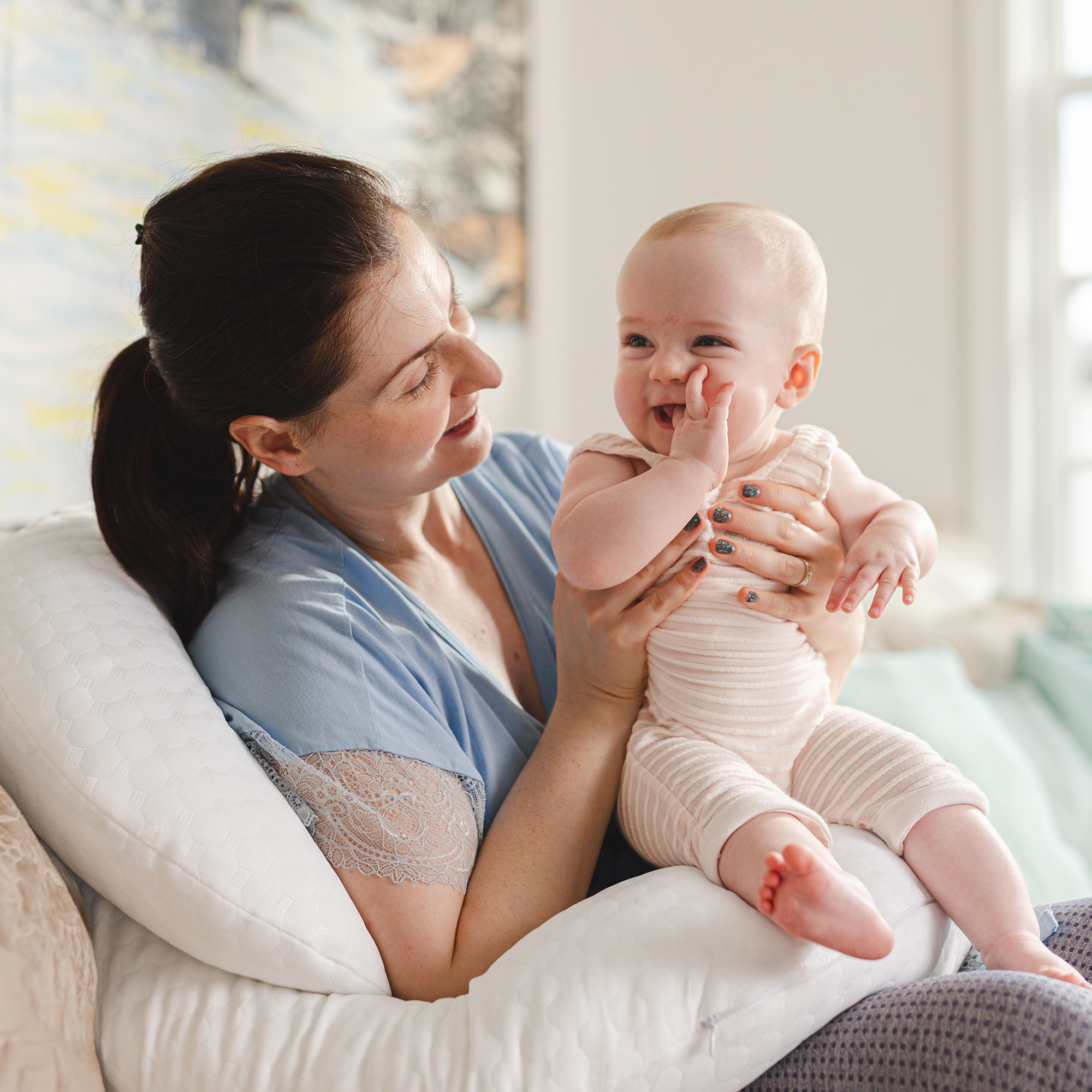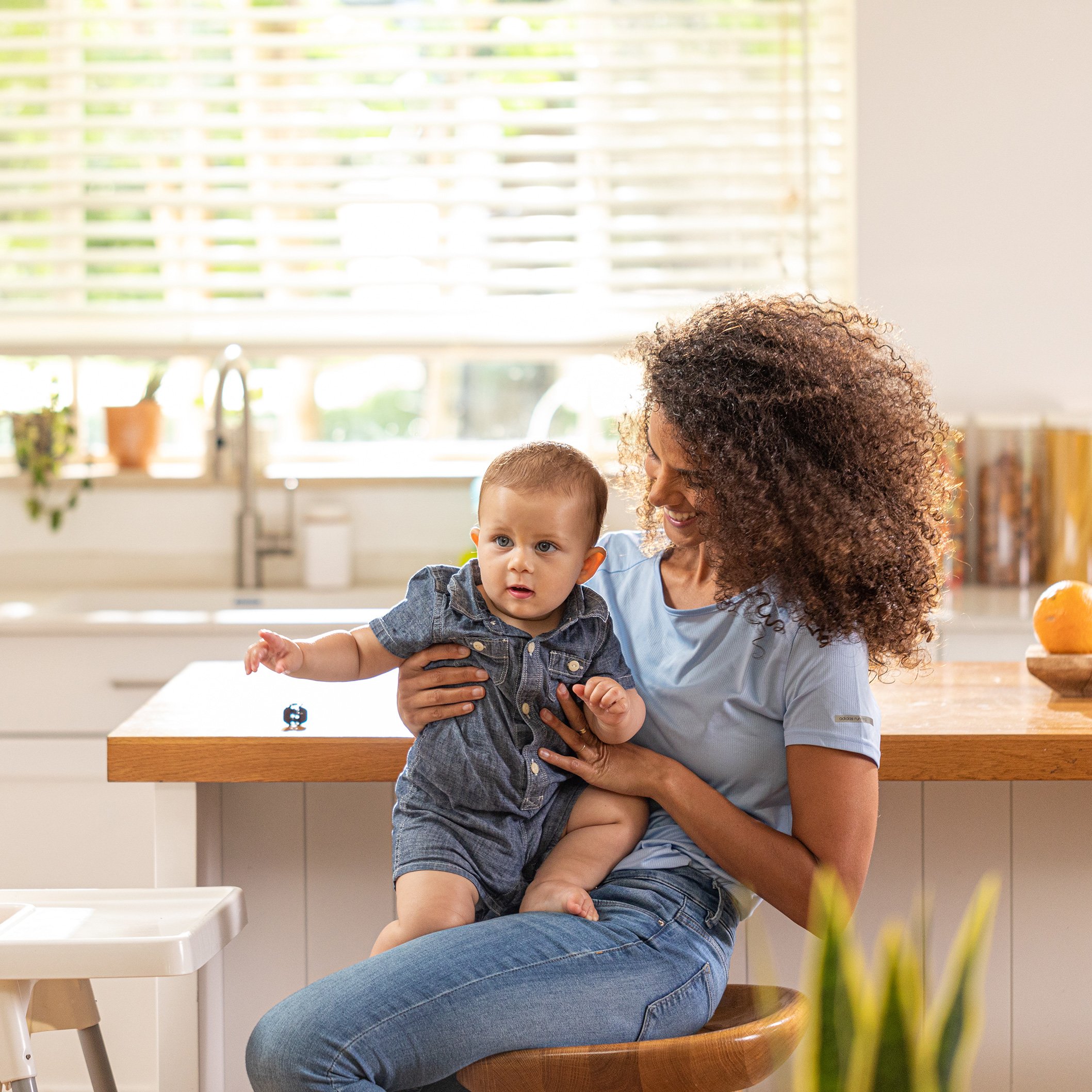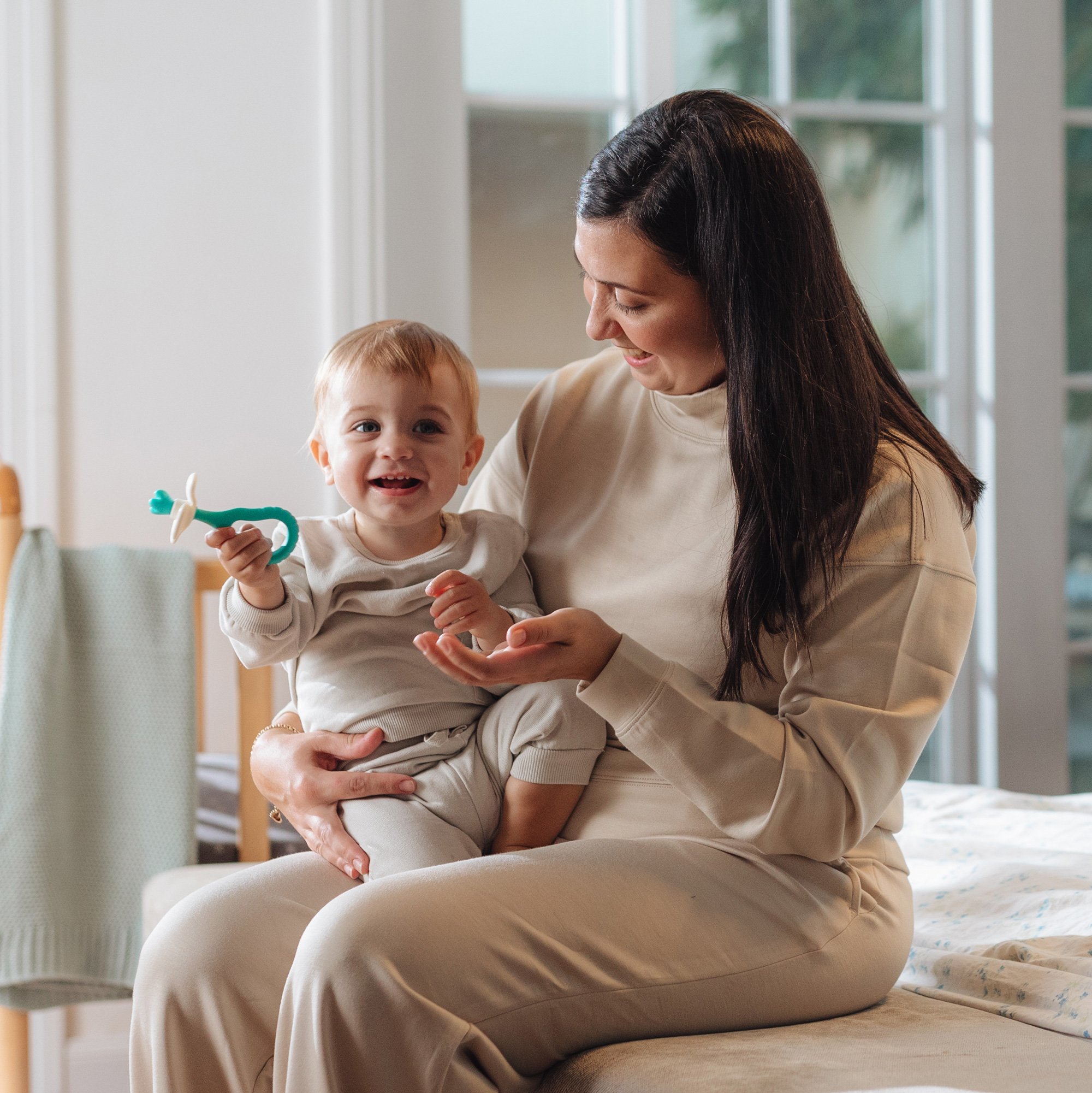Why Does My Baby Keep Peeing Through Their Diaper?
Many parents know the frustration of their baby peeing in diapers overnight and waking up due to a soaked diaper—and, in many cases, a soaked mattress.
While it’s common, there are certain tips you can follow to alleviate (or, in some cases, completely eliminate) peeing through diapers.
It’s important to note that your baby is growing rapidly. While growing, it’s natural to expect more urine as the bladder gets bigger. The first thing you should check is whether your baby has a correctly sized diaper.
Aside from being an annoyance, diaper wetness can increase diaper rashes due to the area being exposed to moisture. Therefore, it is important to tackle this issue head-on.

Peeing Through Diapers at Night: What Parents Can Do
If your baby keeps peeing through the diaper at night, there are some steps you can take to help resolve the problem:
- Overnight Diapers: If your baby tends to pee in the diaper heavily at night, consider an overnight diaper to keep them dry and comfortable.
- Diaper Booster Pads: These pads are an extra layer that goes inside the diaper and helps absorption. They’re easy to add and can extend the effectiveness of any diaper for long nights.
- Try a Strategic Nighttime Change: If your baby wakes up in the night for feedings, you can also do a quick diaper change. This can prevent diapers from getting overly saturated and reduce leaks.
- Layering Techniques: For babies who are heavy wetters, try layering two diapers or using a cloth diaper cover over a disposable one for added protection.
- Limit water intake (applies to toddlers only): While it’s important to keep your baby hydrated throughout the day, you can try limiting water intake an hour or two before bed.
Newborn Peeing Out of Diaper: How to Prevent It
A common challenge for parents is when their child pees through the diaper at night, leaving both the baby and their bedding wet. Here’s how to prevent those unexpected spills:
Make Sure it Fits
To prevent leaks, newborns need a snug but comfortable diaper fit. Ensure the diaper sits close to the skin around their legs and waist without gaps.
If the diaper is too small, it can’t absorb enough urine. If a diaper is too big, it might cause leaks as it won’t seal properly around the baby’s waist and thighs.
Make sure to fasten the diaper securely, but avoid over-tightening.
Diaper Type
Different diaper types and brands have different levels of absorbency, and some babies might react differently to certain brands or types of diapers.

Choosing the Right Diaper Size for Leak Prevention
Diaper size is crucial in preventing leaks, as a poorly fitting diaper is one of the most common causes of peeing through it. Here are some tips:
- Check Weight Guidelines: Diaper sizes are usually based on weight ranges. Regularly check your baby’s weight to ensure the diaper size matches.
- Assess Fit: Make sure the diaper doesn’t gap around the legs and sits comfortably around your baby’s waist. If it looks snug but still leaks, you may need to try a different brand.
- Size Up When Needed: Babies grow fast, so if you’re dealing with frequent leaks and red marks on your baby’s waist, it’s probably time to try the next size up.
Signs Your Baby’s Diaper Needs an Upgrade
Certain signs indicate it may be time to switch diaper sizes or brands:
- Increased Leakage: If leaks are frequent despite correct fitting, this could be a signal that the diaper doesn’t have sufficient absorption for your growing baby.
- Diaper Red Marks: If you notice red marks around your baby’s waist or thighs, the diaper may be too tight. A larger size or different brand might be a better fit.
- Fasteners Not Holding Well: If you’re struggling to get a secure hold with the fasteners, it’s a good indicator that a larger diaper size is needed.
- Absorption Issues: Some diapers have less absorption capacity, which can lead to leaks faster. Try different brands and see which suits your baby better.

Nighttime Diaper Tips: Keeping Your Baby Dry
Nighttime leaks can disrupt everyone’s sleep, but with a few simple strategies, you can help keep your baby dry.
Layer With a Waterproof Mattress Protector
Even the best diapers sometimes leak, so using a waterproof mattress protector can prevent a mess on the bed.
Change the Diaper Before Bedtime
Make sure you change your baby’s diaper right before bedtime
Double Up
Placing a cloth diaper cover over a regular diaper offers extra leak protection, especially for heavy wetters.
Overnight Diapers are Your Best Friend
Some parents prefer overnight diapers for their extra absorbency. For most babies, an overnight diaper is all you’ll ever need.
A baby peeing through the diaper at night can disrupt sleep for both the baby and the parents. To prevent leaks, ensure a snug fit, try different diaper brands, use overnight diapers, and change the diaper before bed. That way, you should be well on your way to a leak-free, dry night.
Frequently Asked Questions (FAQ)
Why does my baby pee through their diaper at night?
Babies often pee more at night due to long periods of sleep. Using overnight diapers, frequent changes, or size adjustments can help prevent leaks.
How can I stop my newborn from peeing out of their diaper?
Ensuring the diaper fits properly, is snug, and is positioned correctly can help reduce leaks. Checking if the diaper size is right for your baby’s growth is also key.
Is it normal for infants to leak through diapers often?
Leaking can happen with fast-growing babies or if the diaper size or absorbency isn’t suitable. Regularly checking diaper fit and using overnight solutions can help.